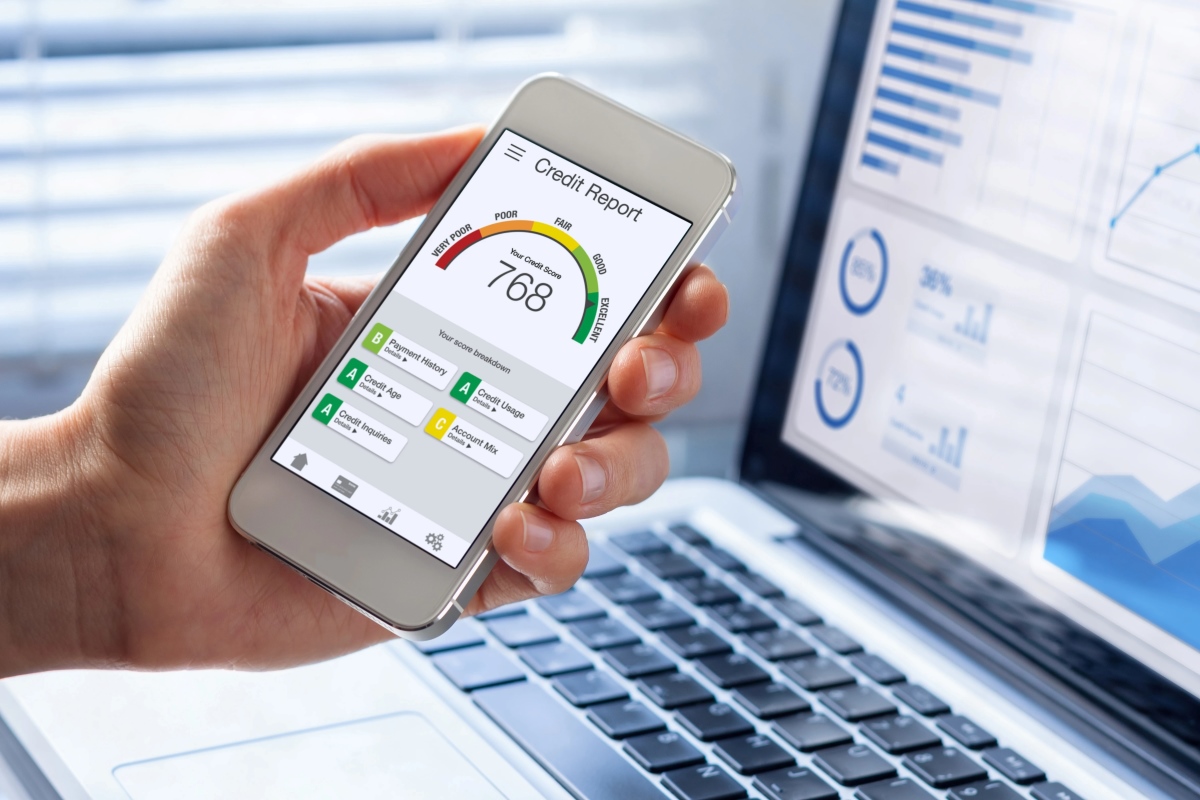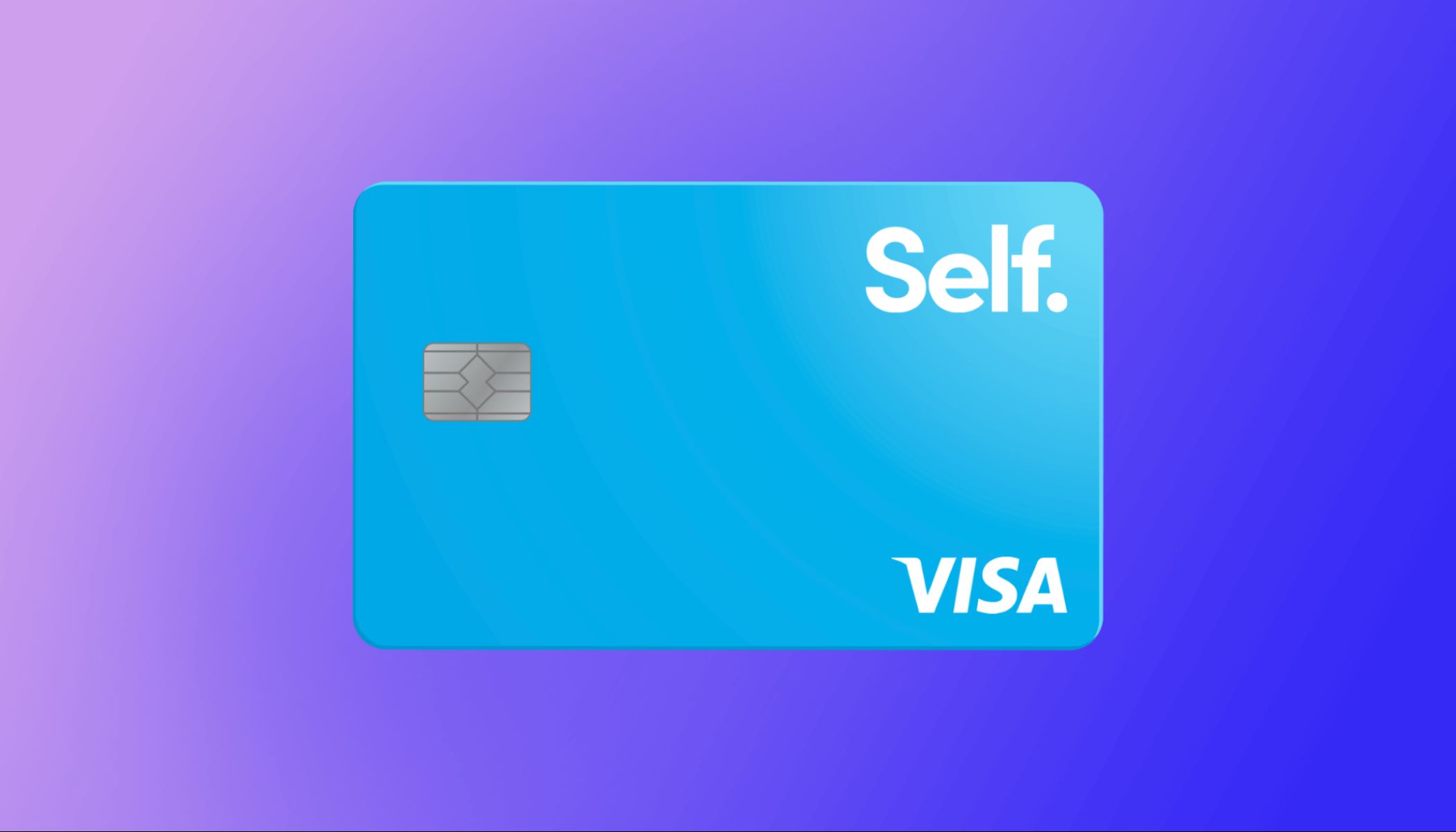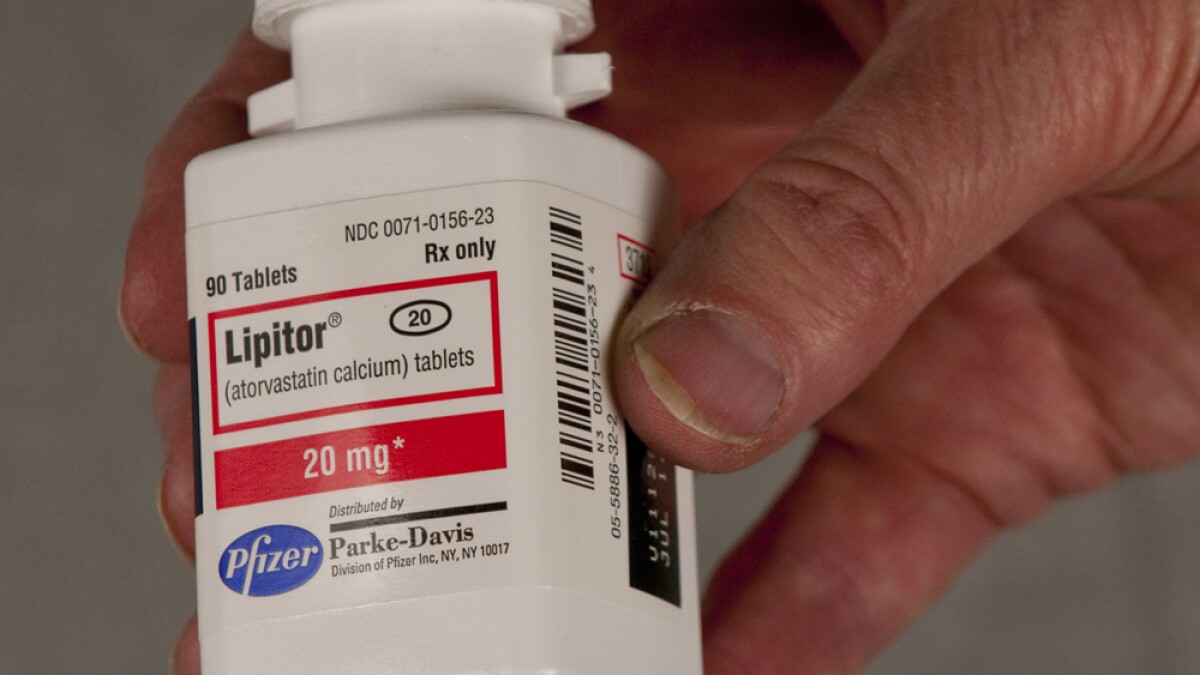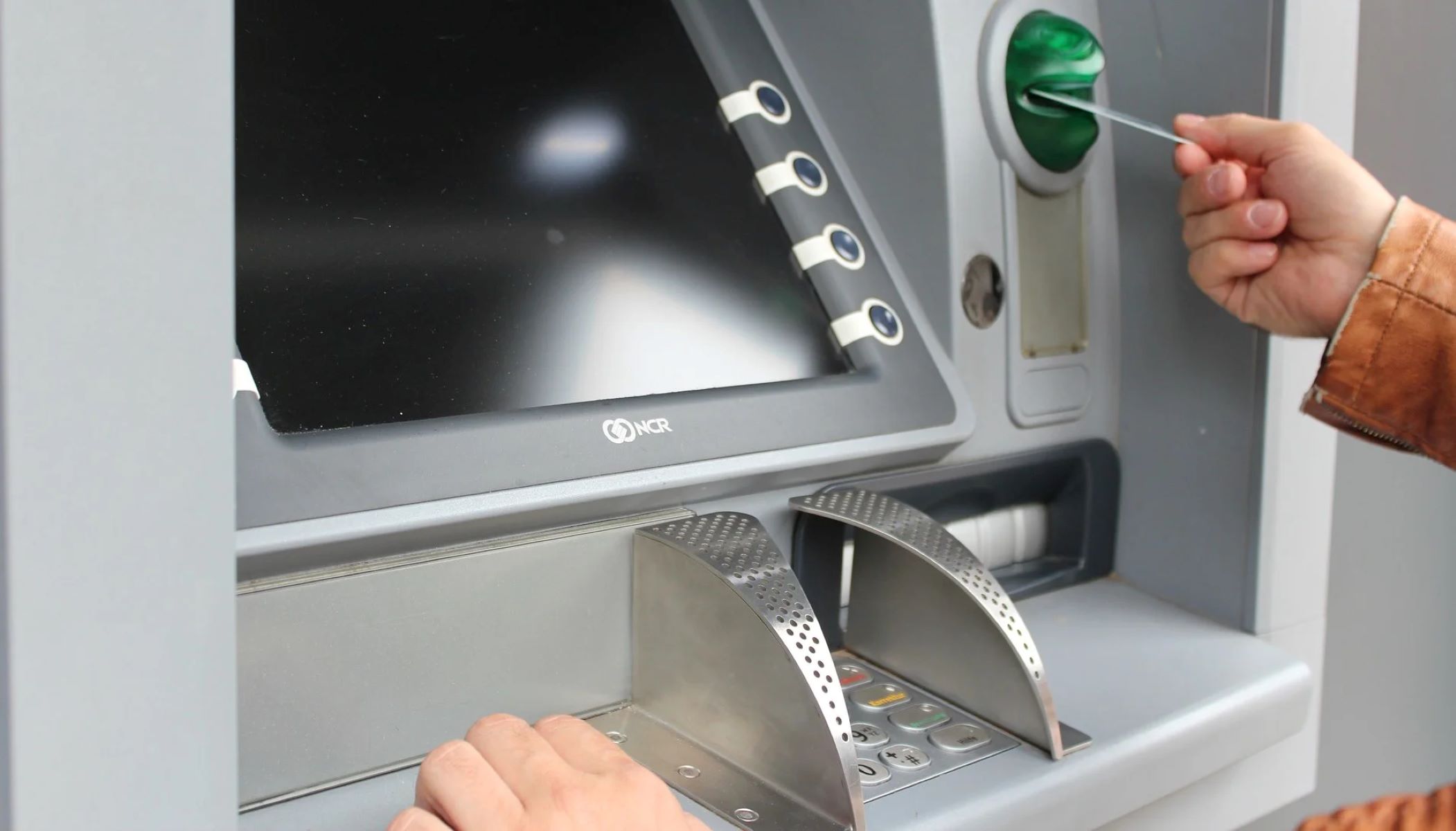Home>Finance>How Long For New Credit Card To Show On Credit Report


Finance
How Long For New Credit Card To Show On Credit Report
Modified: March 3, 2024
Learn how long it takes for a new credit card to appear on your credit report and impact your finance. Find out the timeline for credit card updates.
(Many of the links in this article redirect to a specific reviewed product. Your purchase of these products through affiliate links helps to generate commission for LiveWell, at no extra cost. Learn more)
Table of Contents
Introduction
Credit cards play a significant role in our financial lives, providing us with the convenience and flexibility to make purchases and manage our expenses. When you apply for a new credit card, you may be eager to start using it right away. However, it’s important to understand that it takes time for your new credit card to show up on your credit report.
The credit reporting process involves various factors and steps that determine how quickly your credit card information gets reported and included in your credit history. Understanding this process can help you manage your expectations and make informed decisions about your credit usage.
In this article, we will delve into the details of how long it typically takes for a new credit card to show up on your credit report. We will explore the factors that influence this timeline and discuss why monitoring your credit report is crucial for maintaining a healthy financial profile. So, let’s dive in and unravel the mysteries of credit card reporting!
Understanding the Credit Reporting Process
The credit reporting process involves the collection and maintenance of information about an individual’s credit history. Credit card companies, banks, and other financial institutions regularly report data to credit bureaus, such as Equifax, Experian, and TransUnion. These credit bureaus then compile this information into credit reports, which are used by lenders and creditors to determine an individual’s creditworthiness.
When you apply for a new credit card, the credit card company will typically check your credit history as part of the application process. However, the addition of your new credit card to your credit report does not happen instantaneously. There are a few steps involved in the credit reporting process that determine how long it takes for your new credit card to show up on your credit report.
Firstly, once your credit card application is approved, the credit card company needs to activate your credit card. This activation process involves the generation of a unique account number, card verification codes, and the necessary documentation. Once your credit card is activated, the credit card company will begin reporting your credit card information to the credit bureaus.
However, the credit card company doesn’t directly report your credit card information to all the credit bureaus. Instead, they typically report it to one or two major credit bureaus, who then share the information with the other bureaus. This process of sharing information among the credit bureaus can take some time, resulting in a delay in the appearance of your new credit card on all your credit reports.
Additionally, credit card companies typically report account information to the credit bureaus on a monthly basis. This means that even after your credit card information is initially reported, it may take a few weeks for it to be reflected on your credit report. The specific timing of when your credit card information gets reported can vary depending on the credit card company, the bureaus’ reporting cycles, and other factors.
Factors Affecting the Timeline
Several factors can influence the timeline for your new credit card to appear on your credit report. Understanding these factors can give you a better idea of how long the process might take and help manage your expectations:
- Credit Card Company Reporting Policy: Each credit card company has its own reporting policy and schedule. Some companies may report new accounts to the credit bureaus immediately, while others may have a monthly or quarterly reporting cycle. It’s important to check with your credit card company to understand their specific reporting timeline.
- Credit Bureau Processing Time: Once the credit card company reports your credit card information, the credit bureaus need time to process and update their records. This can vary depending on the workload and efficiency of each credit bureau. Generally, it takes a few weeks for the new credit card information to be reflected on your credit report.
- Bureau Coordination: As mentioned earlier, credit card companies typically report to one or two major credit bureaus, who then share the information with the others. The coordination between the credit bureaus to update the information across their systems can introduce additional delays in the timeline.
- Reporting Cycles: Credit card companies usually report your account information to the credit bureaus once a month. The reporting cycle depends on the closing date of your billing statement. If you apply for a credit card right after the reporting cycle, you may have to wait another month for the next reporting cycle to include your new credit card information.
- Credit Bureau Updates: Even if your credit card company reports your new credit card information promptly, the credit bureaus update your credit report at different times. It’s possible that one credit bureau updates your report faster than another, resulting in the new credit card information appearing on one report before the others.
Remember that these factors are not within your control, so it’s important to be patient and allow the necessary time for the credit reporting process to take place. It’s also a good idea to regularly check your credit reports to ensure that your new credit card information is accurately reflected.
Activation and Reporting by Credit Card Companies
Once your credit card application is approved, the credit card company will send you the physical card in the mail. It’s important to activate the card as soon as you receive it by following the instructions provided. The activation process confirms that you have received the card and are ready to start using it for purchases.
After activating your credit card, the credit card company will start the process of reporting your credit card information to the credit bureaus. This information includes your credit limit, account opening date, and payment history. However, the reporting by credit card companies does not happen instantaneously.
Credit card companies have their own reporting policies and cycles. Some may report your new credit card information to the credit bureaus immediately upon activation, while others may have a specific reporting schedule, such as once a month. It’s important to check with your credit card company to understand their reporting timeline.
In addition to the reporting timeline, credit card companies also prioritize reporting to specific credit bureaus. They may report to one or two major credit bureaus initially, who then share the information with the other bureaus. This sharing process can introduce additional delays in the appearance of your new credit card on all your credit reports.
Furthermore, credit card companies typically report account information on your credit report once a month. The specific timing of when your credit card information gets reported can vary depending on factors like your billing cycle and the credit card company’s reporting practices. It’s important to note that your credit report is a snapshot in time, so it may not reflect the most up-to-date information about your credit card activity.
To ensure that your new credit card information is accurately reported and appears on your credit report, it’s crucial to activate your card promptly and follow up with regular monitoring of your credit report. By doing so, you can stay informed about any discrepancies or errors and take appropriate action to rectify them.
Time Frame for Credit Card Information to Appear on Your Credit Report
The time frame for your new credit card information to appear on your credit report can vary depending on several factors. While there is no set time frame, it typically takes a few weeks for the information to be updated. Here is a breakdown of the general timeline:
1. Activation and Reporting: Once you activate your credit card, the credit card company will begin the process of reporting your credit card information to the credit bureaus. This reporting may happen immediately or as part of their regular reporting cycle. Generally, it takes a few days to a week for this reporting to occur.
2. Credit Bureau Processing: Once the credit bureaus receive your credit card information, they need time to process and update their records. This processing time can range from a few days to a couple of weeks, depending on factors like the volume of data they handle and their internal processes.
3. Credit Report Updates: After the credit bureaus have processed your credit card information, they will update your credit report accordingly. The timing of these updates can vary, as each credit bureau has its own update schedule. It is common for one credit bureau to update the information before others, leading to inconsistencies in reporting across different credit reports.
Considering these factors, it’s reasonable to expect that it may take two to four weeks for your new credit card to appear on your credit report. However, it’s important to note that this is an average estimation, and the exact time frame can vary based on individual circumstances and the efficiency of the credit bureaus’ processes.
The best way to keep track of your credit card information appearing on your credit report is to monitor your credit report regularly. You can obtain a free copy of your credit report from each of the three major credit bureaus once a year through AnnualCreditReport.com. Additionally, many credit monitoring services provide regular access to your credit report and send alerts when changes occur.
By monitoring your credit report, you can ensure that your new credit card information is accurately reported and address any discrepancies or errors promptly.
Importance of Monitoring Your Credit Report
Monitoring your credit report is an essential part of maintaining a healthy financial profile. Here are some key reasons why it’s important to regularly check your credit report:
1. Detecting Errors and Inaccuracies: Your credit report provides a detailed overview of your credit history and financial activities. By reviewing your report, you can identify any errors or inaccuracies that may be negatively impacting your credit. This could include incorrect personal information, accounts that don’t belong to you, or missed payments that you know you made. By catching these errors early, you can take steps to correct them and protect your credit score.
2. Preventing Identity Theft: Monitoring your credit report can help you spot signs of fraudulent activity or identity theft. If you see unfamiliar accounts, credit inquiries, or other suspicious activities on your report, it could be a red flag for potential fraud. By addressing these issues promptly, you can minimize the damage caused by identity theft and protect your financial well-being.
3. Managing Credit Utilization: Your credit report provides a comprehensive view of your existing credit accounts and their balances. By reviewing this information, you can gain insight into your credit utilization, which is the percentage of your available credit that you are currently using. Maintaining a low credit utilization ratio (typically below 30%) is important for demonstrating responsible credit management and can have a positive impact on your credit score.
4. Monitoring Payment History: Your credit report includes details about your payment history, including any late payments or delinquencies. By reviewing this information, you can ensure that all of your payments are being reported accurately and that you are maintaining a positive record of on-time payments. This is crucial as payment history is one of the most significant factors influencing your credit score.
5. Tracking Creditworthiness: Your credit report serves as a record of your creditworthiness. Lenders and creditors use this information to assess your risk as a borrower. By regularly monitoring your credit report, you can maintain awareness of how lenders perceive your creditworthiness. This allows you to make adjustments, such as improving your credit habits or disputing any inaccuracies, to positively impact your credit score and overall financial health.
6. Preparing for Important Financial Decisions: Whether you’re planning to apply for a mortgage, auto loan, or other major credit, reviewing your credit report beforehand can help you understand where you stand in terms of creditworthiness. Identifying any issues or areas for improvement in advance allows you to take action and increase your chances of securing favorable terms and conditions for your desired financial products or services.
Overall, monitoring your credit report is an essential step in taking control of your financial well-being. By staying informed about your credit history, you can make smarter financial decisions, detect and address errors or fraudulent activity, and maintain a strong credit profile that opens doors to better borrowing opportunities.
Conclusion
Obtaining a new credit card is an exciting step in managing your finances, but it’s crucial to understand that it takes time for your new credit card to show up on your credit report. The credit reporting process involves various factors, including activation and reporting by credit card companies, credit bureau processing time, and credit report updates.
While there is no exact time frame for when your new credit card information will appear on your credit report, it typically takes a few weeks for the information to be updated. Factors such as the credit card company’s reporting policy, credit bureau processing, and coordination between bureaus can influence the timeline.
Monitoring your credit report regularly is important for several reasons. It allows you to identify and correct any errors or inaccuracies, detect signs of identity theft, manage credit utilization, track payment history, assess your creditworthiness, and prepare for important financial decisions. By staying vigilant and proactive in monitoring your credit report, you can maintain a healthy credit profile and make informed financial choices.
Remember to regularly review your credit report, which can be obtained for free annually from each of the three major credit bureaus or through credit monitoring services. By staying on top of your credit report and addressing any issues promptly, you can protect your financial well-being and ensure that your credit card information is accurately reflected in your credit history.
Keep in mind that maintaining good credit habits, such as making timely payments, keeping credit card balances low, and being responsible with your credit usage, will not only positively impact your credit report but also enhance your overall financial health and open doors to better credit opportunities in the future.














